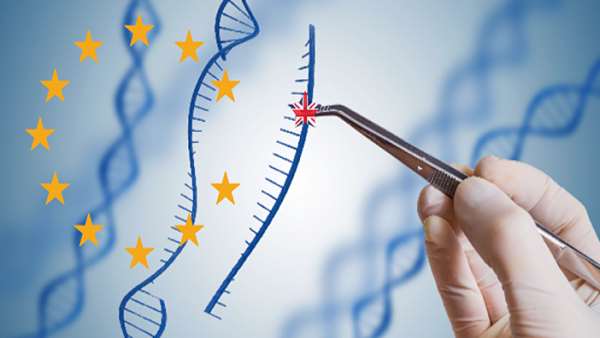Brexit’s impact on gene and cell therapy research
Development of gene and cell therapies focused on treating, and possibly curing, the neediest of more than 1.5 billon individuals who have mutations linked to genetic diseases has been a priority for the Horizon 2020 project. Additional funding is likely with Horizon Europe, which currently has €8.2 billion earmarked for health research.
Development of gene and cell therapies focused on treating, and possibly curing, the neediest of more than 1.5 billon individuals who have mutations linked to genetic diseases has been a priority for the Horizon 2020 project. Additional funding is likely with Horizon Europe, which currently has €8.2 billion earmarked for health research.
UK-based preclinical research projects that are required to prove safety, efficacy and translatability of these advanced therapeutics are already at risk of losing Horizon Europe funding. This funding is further jeopardized by supply chain issues related to importing non-human primates (NHPs) into the UK. This preclinical research requires a steady supply of NHPs because they are similar to humans in terms of physiological functions and drug metabolism, which is important for assessing the safety and efficacy of newly developed gene and cell therapy treatments.
In preclinical research, most facilities do not breed their own animals but rather import them from the EU or Asia. With Brexit and the unclear path of import/export licenses, acquiring adequate colonies of NHPs will likely be an issue. Without a steady supply of research animals, it will be difficult, if not impossible, to carry out pharmacology, DMPK and toxicology studies for gene and cell therapy research projects in the UK. The net result is that the UK may no longer be a country where bioanalytical innovation is feasible. This issue, compounded by the lack of funding and skilled scientists departing the UK, will likely result in gene and cell therapy research moving out of the UK into continental Europe and the US.
At QPS, we’re already seeing gene and cell therapy research projects drift away from the UK and move to the US and the Netherlands. There are only a few CROs that specialize in this area, who have all the necessary technology platforms, access to NHPs and other research animals, and – most importantly – trained and highly-skilled bioanalytical scientists to work in this area.
Reference:https://www.bioanalysis-zone.com/2019/03/20/brexits-impact-gene-cell-therapy-biosimilars_qps/





ارسال به دوستان